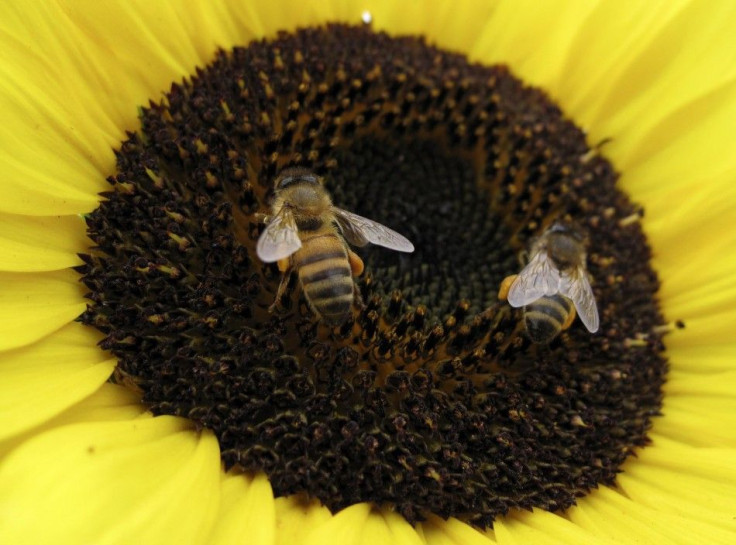CSIRO-led initiative calls on global researchers to save honey bees

It's a known fact that one-third of the food humans consume is produced because of the pollination carried out by the honey bees. However, in recent years, a number of factors have contributed to the destruction of the bee population. The Commonwealth Scientific and Industrial Research Organisation, or CSIRO, in Australia is leading an initiative to look after the bee health.
Bees help in the pollination of a number of foods, including oils, nuts, fruits and vegetables. However, the health of the bees in under a threat with respect to their ability to pollinate the crops. To help understand the reasons behind the dwindling bee health and population and to find methods to secure crop pollination, CSIRO has called on the researchers, beekeepers, pollinators, technology companies and farmers to collaborate under a group with a single aim.
The research effort led by the CSIRO makes use of the micro-sensors. These tiny sensors are placed manually over the individual bees and works as a vehicle e-tag system. The sensors help identify the individual bees and track their movement around the bee hives.
“The tiny technology allows researchers to analyse the effects of stress factors including disease, pesticides, air pollution, water contamination, diet and extreme weather on the movements of bees and their ability to pollinate,” said CSIRO Science Leader and Professor Paulo de Souza in a press release.
The sensors work in collaboration with the Intel technology. These tiny trackers work like the black box on an aeroplane, suggesting information on the important stress factors that could potentially impact the health of the bees.
Dr Saul Cunningham, a CSIRO pollination researcher, says that Australia is lucky to have not been impacted by the Varroa mite so far. The mite is known to wipe out the entire colonies of bees in certain countries.
“This puts Australia in a good position to act as a control group for research on this major issue that could one day become our problem too,” said Cunningham. The BBC reports that the tiny trackers weight around 5.4 milligrammes. The battery-operated device generates energy with the help of bee vibration, and keeps a note of the distance travelled by the bee and the time it stays away from the hive.
Contact the writer at feedback@ibtimes.com.au, or let us know what you think below.





















